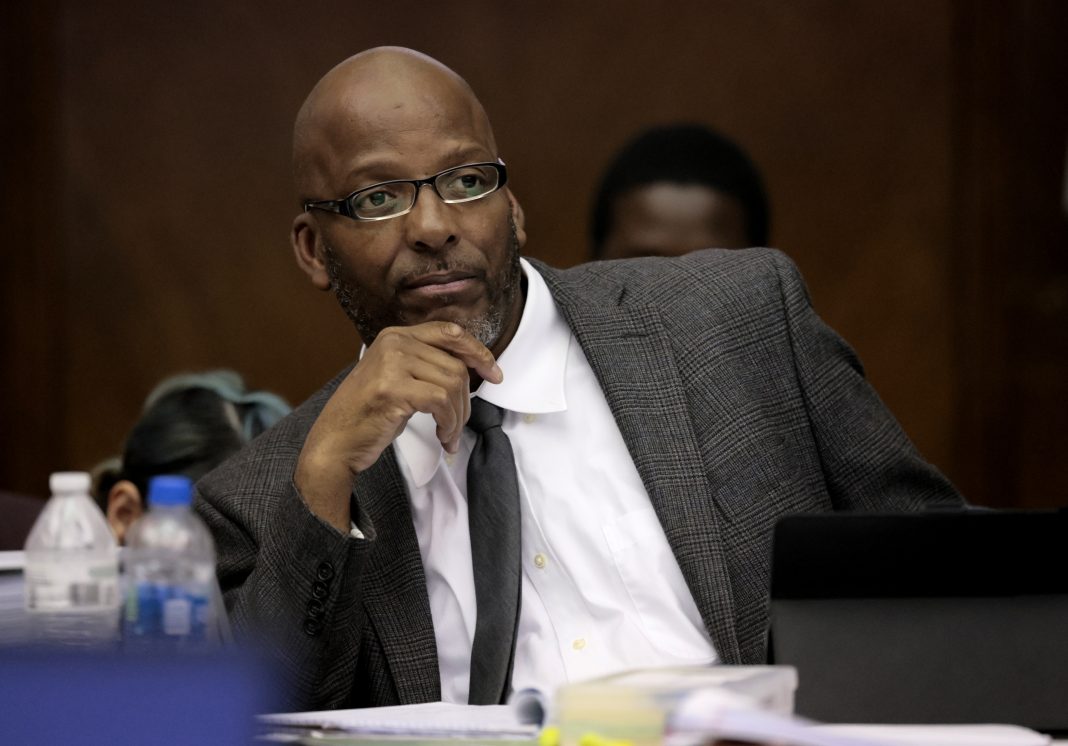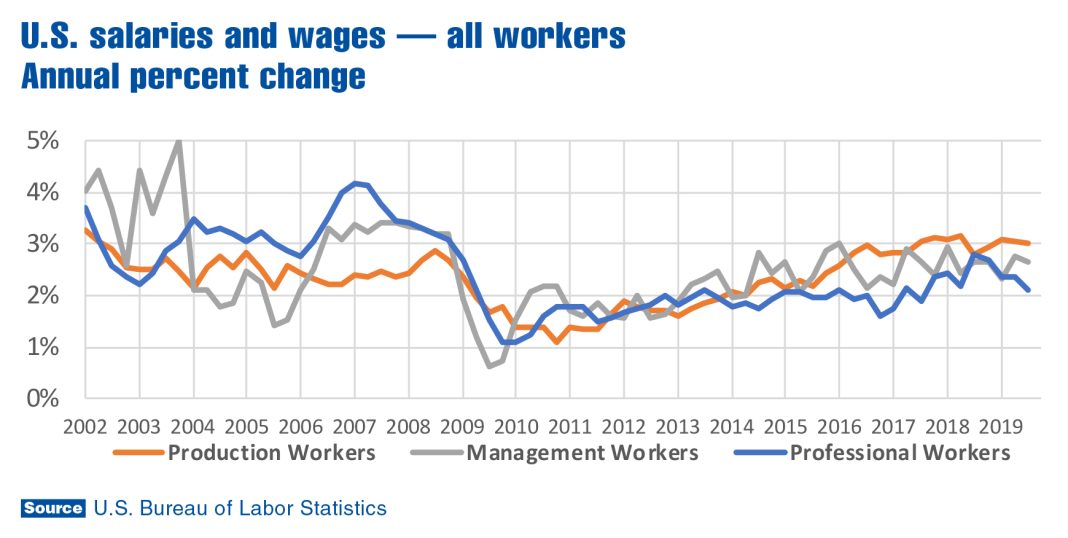In a courtroom in St. Louis, Missouri, Christopher Dunn sat surrounded by lawyers, fighting to overturn his conviction for the murder of 15-year-old Recco Rogers. Dunn had been sentenced to life in prison in 1991 based solely on the testimony of two boys who claimed he was the shooter. However, both boys later recanted their stories, leaving Dunn in a legal quagmire. It wasn’t until 2021, when a new law allowed prosecutors to overturn wrongful convictions, that Dunn saw a glimmer of hope. St. Louis’ appointed circuit attorney, Gabriel Gore, filed a motion to exonerate Dunn, citing the recantations as evidence of his innocence.
The case pitted Gore against the office of Missouri Attorney General Andrew Bailey, who argued that Dunn’s conviction should be upheld. Bailey’s office had a history of fighting to maintain convictions, even in the face of mounting evidence of innocence. The attorney general’s opposition to exonerations had intensified during the Biden administration, as it aligned with MAGA-nation culture war priorities. Bailey’s team appeared determined to challenge the elected prosecutor’s judgment and prevent Dunn’s release.
The heart of the case rested on the credibility of the two boys’ testimony. Eugene Wilson, a childhood friend of Dunn’s who was present on the night of the murder, testified that it was too dark to see who fired the shots. Wilson saw a dark shadow but couldn’t identify the shooter. He disagreed with the boys’ suggestion that it was Dunn. Another witness, Nicole Bailey, testified that she was on the phone with Dunn at the time of the shooting, discussing a TV show and her recent childbirth. Bailey’s hospital records confirmed the timing of their conversation.
On the other side, the attorney general’s office argued that the boys’ initial identifications of Dunn were accurate and that their recantations were part of a well-crafted story. They dismissed inconsistencies in the boys’ testimonies, claiming that no two people experienced events the same way. The office relied heavily on the credibility of one of the boys, DeMorris Stepp, who had changed his story multiple times over the years.
The hearing highlighted the attorney general’s office’s pattern of opposing innocence claims. They had previously fought against the exonerations of Kevin Strickland and Lamar Johnson, even as evidence mounted in their favor. The office’s opposition had caused unnecessary delays, prolonging the wrongful incarceration of innocent individuals.
The judge presiding over the case, Jason Sengheiser, would ultimately have to decide whether to vacate Dunn’s conviction. The arguments presented by both sides would weigh heavily in his decision. Dunn and his wife, Kira, hoped for a favorable ruling that would finally bring justice and freedom after decades of wrongful imprisonment. However, they would have to wait until at least June 10 for the judge’s decision, as post-hearing briefs were allowed to be filed.
The case exemplified the challenges faced by wrongfully convicted individuals in Missouri due to gaps in the law. Only defendants sentenced to death could raise free-standing claims of innocence, leaving others like Dunn without a legal avenue to challenge their convictions. The state’s elected prosecutors also lacked meaningful ways to challenge convictions they believed were wrongly obtained. The new law passed in 2021 aimed to address these issues, allowing elected prosecutors to seek the overturning of wrongful convictions.
Dunn’s case represented a crucial test for the new law and the justice system’s willingness to correct past mistakes. The outcome would not only determine Dunn’s fate but also set a precedent for future cases. The judge’s decision would reveal whether justice would prevail or if political considerations would continue to hinder the pursuit of truth and fairness.


